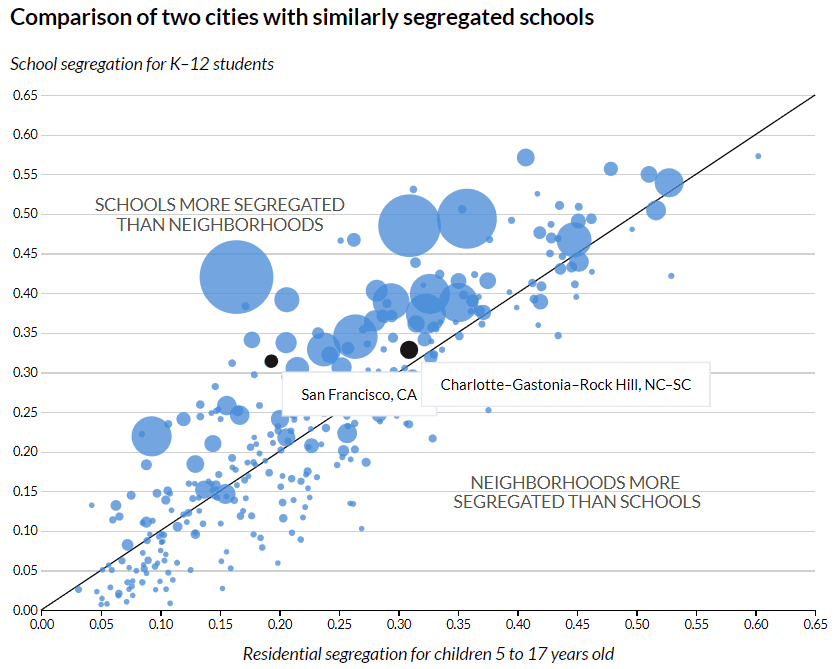The Other 49
Rhode Island and New York are pursuing different strategies to deal with a familiar public policy issue: public transportation.
Rhode Island is piloting a driverless shuttle in Providence starting in February as a research project. The electric shuttle can hold six passengers and an attendant, who is on hand to take control of the vehicle if necessary. The shuttle will transport passengers from the underserved neighborhood of Olneyville to downtown Providence and will be free for passengers.
New York is contemplating legalizing marijuana and using the revenue to pay for much-needed subway upgrades, which subway officials say could cost more than $40 billion. The New York Times reports that a panel to recommend revenue sources for subway upgrades is considering marijuana legalization along with other ideas. A state department report from this past June stated the illegal market for marijuana could be as high as $3.5 billion per year.
For Your Consideration
The Urban Institute released a new report on school segregation last week. The report compares residential segregation to school segregation and looks at school districts that are more segregated than neighborhoods and vice versa.
In particular, they compare San Francisco to Charlotte. Both cities have similarly segregated schools but San Francisco has less segregated neighborhoods than Charlotte. In Charlotte, school segregation largely tracks neighborhood segregation (points on the diagonal line below indicate cities where school segregation matches residential segregation exactly).
 Raleigh, Durham, and Chapel Hill fall on the opposite side of the line, meaning they have slightly less school segregation than residential segregation. Points that fall well below the diagonal line indicate cities that have implemented successful school desegregation policies, like Springfield, Illinois. Check out the report to see where other cities in North Carolina and the country fall.
Raleigh, Durham, and Chapel Hill fall on the opposite side of the line, meaning they have slightly less school segregation than residential segregation. Points that fall well below the diagonal line indicate cities that have implemented successful school desegregation policies, like Springfield, Illinois. Check out the report to see where other cities in North Carolina and the country fall.
Dropping Knowledge
Last week, the OECD released a new report (book, really) titled, “Beyond GDP: Measuring What Counts for Economic and Social Performance.” Authors Joseph E. Stiglitz, Jean-Paul Fitoussi, and Martine Durand argue that we have become too reliant on measuring and using GDP as an indicator of wellbeing. Using the aftermath of the Great Recession as an example of where GDP failed to accurately reflect the economic realities of most, they argue that we need to include other measurements of wellbeing when we contemplating policy change.
While you may not want to read a 100-plus page report, you can get the gist of the argument from the executive summary and this op-ed by Stiglitz.
What we're reading
Civic Engagement: Reflecting back and looking forward
This article looks at results from a UNC Charlotte Urban Institute study of the “Interested Bystanders,” or "people who are paying attention to the issues around them, but not acting on those issues."... Read the rest-
New Residency Program Aims to Keep Doctors in the Rural Southeast
-
With new school turnaround model, Tennessee takes lessons learned in Memphis to Chattanooga
-
Knowing When Tech Does (and Doesn’t) Promote Positive Relationships
-
Americans Value Equality at Work More Than Equality at Home
-
1 State and 1 County Now Accept Bitcoin. Will Others Follow?
-
New Rules Could Open More Homes to Foster Kids


